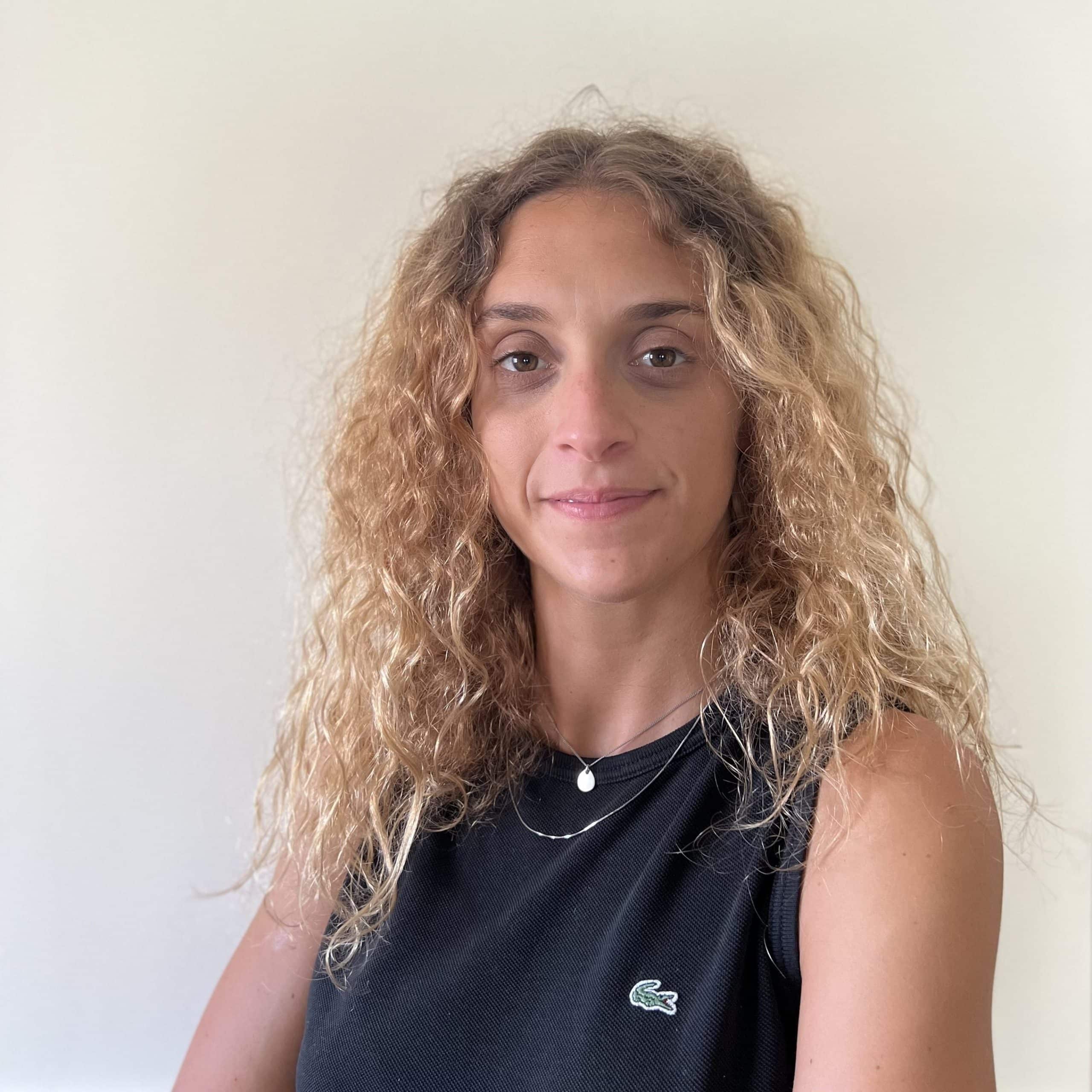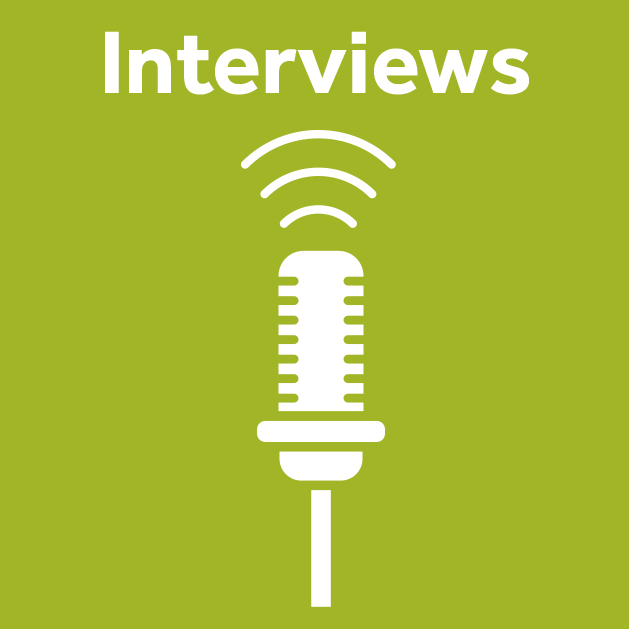The FocalPlane correspondents: Marta Forcella
Posted by FocalPlane, on 26 July 2023
At the beginning of the year, we announced that we will be working with three FocalPlane correspondents, who will be helping us to develop and write content for FocalPlane. We caught up with each of them to chat about their research backgrounds and the topics that they’re excited to write about.
Here, we talk to Marta Forcella, a PhD student at the Champalimaud Foundation in Portugal. Marta’s research interests are in neuroscience, and she is currently participating in lab rotations before selecting the lab for her PhD.

Congratulations on being selected as one of our new FocalPlane correspondents. How did you find out about the role, and why did you decide to apply?
I follow the FocalPlane page on LinkedIn. I was scrolling down one day, and I thought that this sounded like a great opportunity. I’ve been wanting to get involved in science writing for a while now and I thought this could be a good start. It’s a commitment, but it’s flexible in format and topics. I’m really interested in microscopy, so I thought this would fit well.
You’re quite early in your career, have you had chance to do much microscopy yourself?
During my bachelor’s degree, not really. My internship was in a molecular biology lab where I was mainly exposed to basic molecular biology techniques like Western Blot, PCR etc. But I moved topics for my master’s degree, which was in cellular and molecular biology with a strong focus on neurobiology. I developed a pronounced interest in neuroscience and I applied for an Erasmus training scholarship to carry out my master’s thesis in a lab studying cortical networks. I performed electrophysiology experiments, but also calcium imaging and optopharmacology. When I first joined the lab, I was involved in a project on pharmacological assessment of some light responsive compounds, conducting in vitro one-photon calcium imaging and ex vivo electrophysiology. I realised that I enjoyed hands-on imaging and I really became interested in microscopy. So, when I graduated, I applied for a position as a research assistant in a lab using two-photon microscopy to investigate multi-sensory integration in the lateral geniculate nucleus, the visual part of the thalamus. During my time in the lab, I mainly worked with two-photon microscopes, widefield and confocal microscopes.
Have you seen any other microscopy techniques that you’d like to use in the future?
I recently completed my first rotation in one of the imaging labs at the Champalimaud Foundation that uses mesoscopic imaging to study perception. One of the big advantages of the mesoscope is its large field of view, which means that it is possible to image more than one mouse brain region at a very high resolution. I would like to write about this method in one of my posts. It’s pretty cool!
Have you done any science writing before, or is this a new experience for you?
It’s a new experience for me, and I’m excited because I think I can learn a lot.
Can you tell us a bit about your PhD programme and your current research focus?
I came into the programme with a strong interest in the visual system and visual perception, but the classes that I have been attending made me consider other research topics as well. Overall, I’m interested in understanding how visual perception of the environment can reflect on specific adaptive behaviour. So, understanding the link between a sensory input and its motor action is something that really makes me curious. I think I’ll take advantage of these rotations to clarify my interests and, eventually, come up with an interesting project.
So, we should come back to you in September to learn about your research focus.
Yes, for a more detailed one!
What sort of topics are you excited to write about for FocalPlane, do they relate to your work or are you looking to branch out?
I would like to write about neuroscience related topics first, because this is something I’m more comfortable with. But I would also like to branch out from the area. One topic that I would like to write about is sustainable microscopy; how you can be sustainable in microscopy. For example, considering how open microscopy promotes sustainability in terms of shared resources.
What are you hoping to gain from the experience of being a FocalPlane correspondent?
I’m hoping to get a bit of expertise in science writing. I’m looking forward to having some interaction with other people that are writing for FocalPlane and the Node. I think in this learning process, receiving feedback and discussing ideas is extremely important to develop a good portfolio of work for future opportunities. I might consider a career in science writing and this is a good way to improve this skill and better explore this option. Of course, writing is a skill I’ll be practising a lot during my PhD in terms of publications, but I’m mostly talking about writing to convey scientific topics to a broader audience.
What do you enjoy doing in your spare time?
Right now, I don’t have a lot of spare time! But I’ve just started going surfing and I really enjoy it. I’m a sportperson in general, I roller skate and I play beach volleyball. I’m also a big tennis fan and I watch a lot of tennis in my free time. I wish I could come to Wimbledon, at least once!


 (No Ratings Yet)
(No Ratings Yet)